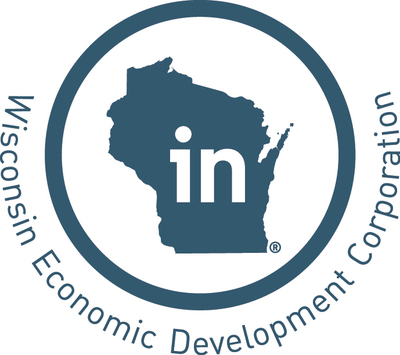The Wisconsin Economic Development Corporation (WEDC) and the Wisconsin Technology Innovation Initiative (Wi2) have established a $1 million seed fund to support commercialization of medical technology developed by the University of Wisconsin School of Medicine and Public Health.

While the fund will be utilized by UW-Madison researchers in several fields of medicine, one of the first projects expected to be backed by the program is the commercialization of Alzheimer’s disease markers and treatments developed as the result of work by the School of Medicine’s Wisconsin Alzheimer’s Institute.
The institute has developed the Wisconsin Registry for Alzheimer’s Prevention, which is the nation’s first and largest longitudinal Alzheimer’s prevention research program. The program includes an internationally recognized study of middle-aged, adult children of Alzheimer’s patients, a study that has resulted in the world’s largest data set in Alzheimer’s research. That data set is being used by researchers to develop treatments to help slow progression or delay the onset of the disease.
The new seed fund will help enable the Alzheimer’s Institute to find commercial opportunities for its research and the data set from the study.
“Wisconsin’s university system has a strong history of pioneering research and patent development resulting in advancements in health care, and other areas, that improve the lives of people around the world,” said Governor Scott Walker. “We need to do what we can to make sure these great ideas make it to the marketplace, so the UW’s medical research and inventions translate into products and companies in the health care field.”
“It is hard to overemphasize the importance of this award to Wi2,” said UW-Madison Provost Paul DeLuca. “We’re working hard to identify and spin off commercial applications from a large and diverse program of research. Wi2 and its aim of speeding medical technologies and knowledge to the market, and its positioning as a private, non-profit organization, becomes a valuable tool that promises to help us commercialize a key segment of our research portfolio.”
“This seed fund will accelerate returns on financial commitments made by the federal and state governments, SMPH, and private supporters of this foundational research,” said Rick Moss, senior associate dean of basic research, biotechnology and graduate studies at the SMPH and chief science officer at Wi2. “Most importantly, the potential impact of the fund honors the contributions of participants in the WRAP study who volunteered in hopes of helping researchers around the world develop better diagnostics and treatments.”
WEDC has awarded a $500,000 grant to Wi2 for the seed fund through its Capital Catalyst Program. The program provides matching grants to seed funds managed by regional organizations or communities to provide capital to high-growth startup and emerging companies. Wi2 has raised $500,000 from private sources and expects to raise an additional $1.5 million for the initiative this year.
The seed fund, which will be administered by Wi2, will provide equity, debt or grant financing to companies. Applicants will have their projects reviewed by an investment committee made up of Zimmerman, Moss, a representative from WEDC and two ad hoc members with specific areas of expertise needed to evaluate the proposals. Wi2 will begin inviting proposals this summer.
Wisconsin has a rich history of securing federal research grants for studying the life sciences. However, federal agencies such as the National Institutes for Health and the National Science Foundation are increasingly tying funding to commercialization potential. Officials at WEDC and Wi2 believe that the new seed fund will help fill a vital role securing additional federal research dollars for the state.
WEDC is working with Wi2, the UW System, business leaders and others throughout the state to remove the barriers to high-tech commercialization through its new Start-Seed-Scale (S3) initiative.
Under the S3 umbrella, WEDC and partners are implementing financial and operational assistance programs such as Capital Catalyst, which are designed specifically to address Wisconsin’s business startup and seed-funding challenges. However, much more needs to be done to completely remove the gridlock.
“Wisconsin has many potential new business ideas and technologies at the starting line but not enough of these are flowing through to growth companies,” said Lisa Johnson, vice president of Entrepreneurship and Innovation for WEDC. “Through S3 WEDC and its partners will ensure that more startups stay on track and reach that critical stage of commercialization—attracting a talented workforce, creating more jobs, and ultimately bringing more innovation to Wisconsin.”
As part of its S3 initiative, WEDC and the UW System earlier this year created a $2 million seed fund to help commercialize technology and ideas developed at UW campuses statewide.
WEDC also recently awarded a $140,000 grant to Bridge to Cures Inc. for a new seed fund for entrepreneurs at academic institutions in southeastern Wisconsin seeking to translate their medical research and inventions into products and companies in the health care field.
Source: Digital Journal: New $1 Million Seed Fund to Assist UW School of Medicine in Commercializing Research – Press Release – Digital Journal.






